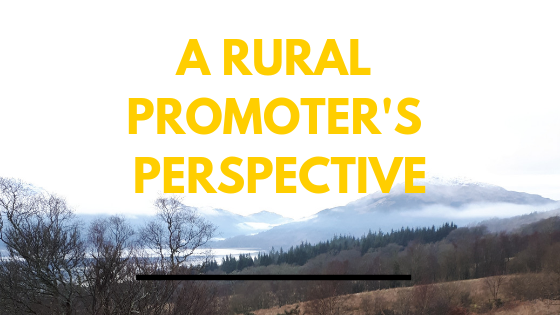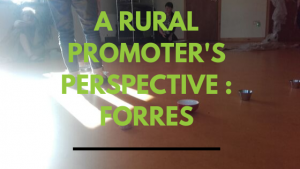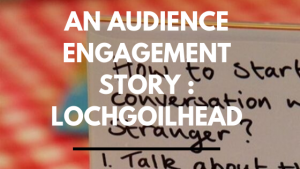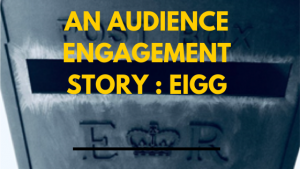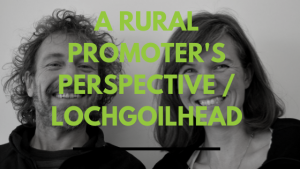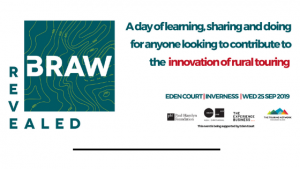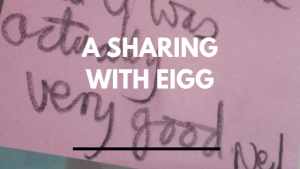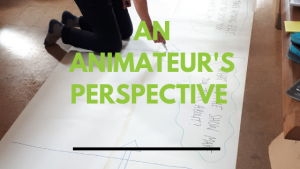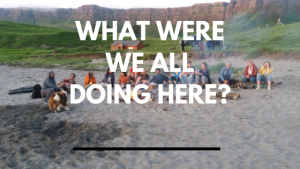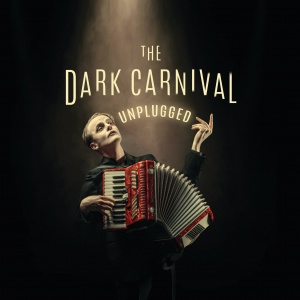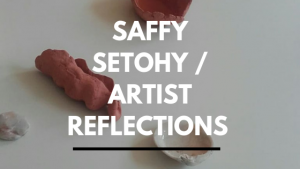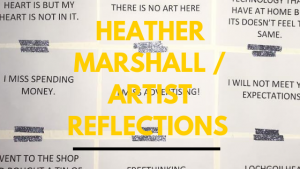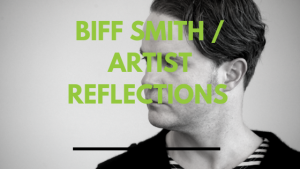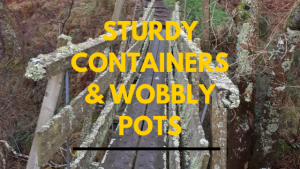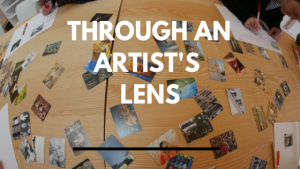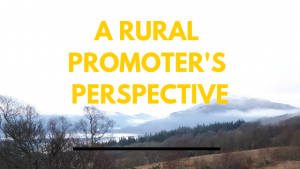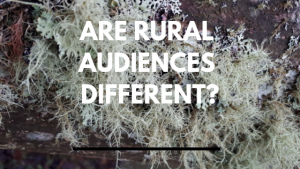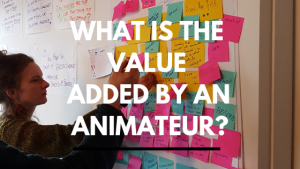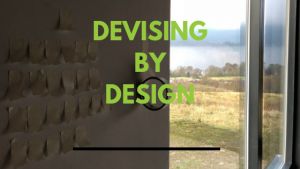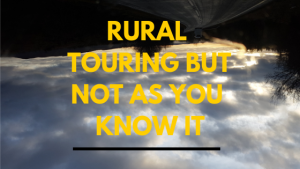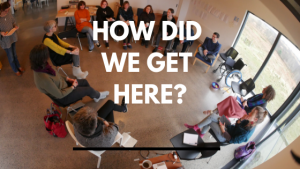A deeper understanding of a “rural promoter” according to BRAW and interpreted by Lisa.
Written by – Lisa Baxter, The Experience Business in Jan 2018
A key aim of the BRAW Residency was to deepen the group’s understanding of our promoters – what drives them, the choices they make and the experiences they have, so we asked them, ‘Why be a promoter?’
All our promoters operate from a position of passion in the profound belief that touring work brings genuine value to their communities by:
- introducing fresh perspectives,
- providing alternatives to entrenched views,
- sparking new thoughts, ideas, feelings,
- giving people something to talk about,
- by creating a shared experience that brings people out of their homes and away from their everyday world,
- and by bringing the community together in new and different ways.
This is felt acutely by Ian Prescott, from The Argyll Collective, working in the small, hard-to-reach community of Lochgoilhead where there are limited opportunities to engage with touring theatre or dance. As he put it: “If I don’t do this nothing will happen. The silence is deafening.”
Growing audiences; building trust
Lack of knowledge about the work, resistance to the unknown and the associated perceived risk are significant perceptual barriers to attendance (barriers which will inevitably come into play when bringing contemporary devised work into a community). Promoters address this through a more relational approach to audience development; engaging in conversations about the work, developing relationships and seeking to building trust. If the show succeeds, trust grows. If the show bombs that trust may be hard to rebuild.
For this trust to be established and sustained, promoters need to make informed choices and set appropriate expectations. This can only be achieved if they have deep knowledge and understanding of the work.
More than just selling tickets
As programmers, promoters juggle numerous considerations around ownership, personal preference and community sensibility – considerations which our artists were unaware of. The questions promoters ask of themselves are illuminating:
- Who is this work for and on whose behalf am I booking it?
- Is my reason for booking it that I think it’s good and I want to see it, or because I know the community will enjoy it, or because I think they need it?
- Do I really know what the community wants?
- Does the community know what it wants?
- Are these events ‘mine’, ‘yours’ or ‘ours’?
They’re not easy questions to answer and reveal the sense of responsibility our promoters have. It’s not a responsibility they take lightly, especially when considering what is at stake on a personal level.
Navigating vulnerability
Unlike the anonymity of staff and audiences in urban performing arts venues, promoters are more likely to be recognised by their communities and will know audience members personally. Our promoters revealed how this can leave them feeling exposed and vulnerable, especially when taking programming risks. If a show disappoints, they will be judged. Given BRAW’s context of open-ended enquiry and experimentation, this vulnerability may well become more acute. Now this vulnerability has been ‘outed’, we must all work together to assuage it through continual dialogue and exchange as we embark on this journey together.
“Listening to the different contexts that the promoters live in, was inspiring. They are all very different in terms of population, cultural life, the environment itself. However there is a common theme around the felt risk to the promoter. The artist comes and goes- the promoter is committed to living in that place and community. They feel their reputation is at stake. I reflect that however fleeting the moment of contact with a place, the artist offers an experience which leaves a residue.” Saffy Sehoty (artist)
To this end, our promoters will have a direct line to the artists before and during the devising process, potentially affording them a degree of input and much deeper insight into the artistic process and finished piece of work. Our hope is that this will inform richer, more inspiring conversations about the work and the artists, create heightened and realistic expectations, and increase the propensity to deliver on those expectations in order to build trust.
Conversely, our artists will embark on the adventure that is BRAW with a more empathic understanding of what it means to be a promoter.
“The residency … provided the opportunity for formal learning and practice development but also a hugely important social element that allowed us to get to know the people who’d be introducing us to their communities.” Heather Marshall (artist)
Photo taken by Lisa Baxter at Cove Park

